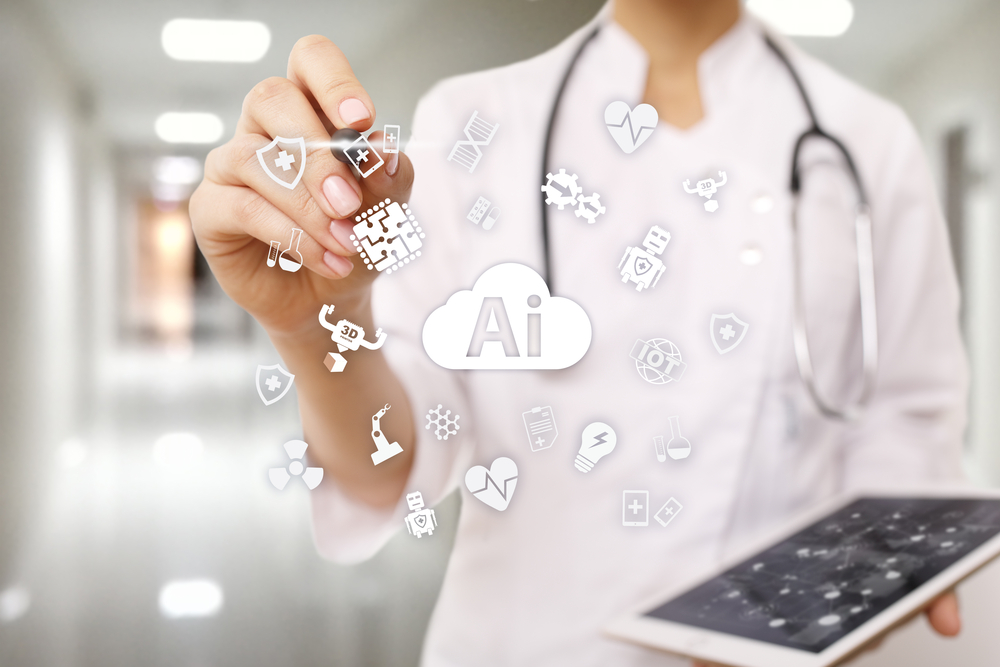It is somewhat surprising to learn that IBM has poured billions of dollars into Watson Healthcare only to decide that the venture is no longer worth investing in. IBM is looking to sell what was once its most promising subsidiary to anyone with pockets deep enough to make Watson Healthcare work.
It would appear as though IBM did not fully understand the cost of developing artificial intelligence (AI) for the healthcare industry. Watson, IBM’s AI technology famous for winning at both chess and Jeopardy, just hasn’t fulfilled its promise of making us healthier. It never even came close to doing the one thing that would finally cement AI as the healthcare building block moving forward: finding a cure for cancer.
All of that said, Watson’s inability to meet the high and lofty expectations assigned to it does not negate the benefits of AI in the healthcare world. There are still plenty for AI to do, even if it never gets to the point of being able to find cures and predict outcomes. In fact, here are three ways AI could genuinely revolutionize healthcare, particularly when it comes to delivery:
1. Serious Task Automation
AI has been used in a variety of industries to automate tasks that do not require excessive human intervention. In the legal sector, for example, AI has been beneficial to automated calendaring. Attorneys whose law firms utilize AI software no longer need to manually calendar their active cases. Everything is handled automatically, with one completed task automatically triggering the calendaring of the next task in line.
Imagine automating something as fundamental as prescription renewal. An AI system could automatically monitor all the prescriptions written by a single doctor. It could track which prescriptions are currently active and when they need to be renewed. The software could even renew prescriptions with local pharmacies. That alone would save a ton of time for both office and patient.
2. Automate Critical Medical Supplies
The strength of artificial intelligence is its ability to crunch massive amounts of data and reach conclusions from it. A recent blog post from BenefitMall talks about the future of AI in healthcare. Imagine putting that capability to work for the purposes of automating how critical medical supplies are obtained and managed.
Automating critical stored blood supplies immediately comes to mind. AI could be used to not only track the hospital’s current supply of each blood type, but it could also anticipate how much of each type will be available based on past trends. It could automatically order certain blood types in anticipation of heavier demand.
3. Keeping Doctors in the Loop
Yet another delivery scenario in which AI could prove invaluable involves doctors and how they interact with patients outside the office. Currently, doctors are rarely kept in the loop. They see patients in the office, then do not hear from them again until they schedule the next visit.
AI paired with wearable devices could change that. A wearable device could track vital signs and other helpful information and send it to the doctor’s office in real time. Doctors could monitor patient health even when no immediate visit is pending. And in the event a patient’s health is declining, a doctor could be alerted right away.
There are lots of things AI cannot do; things we wish it could do. But AI still has a lot to offer the healthcare field. So while Watson Healthcare’s performance has not met the expectations assigned to it, there is still much to be hopeful about. AI does have a place in healthcare. That place is in delivery rather than clinical application.


